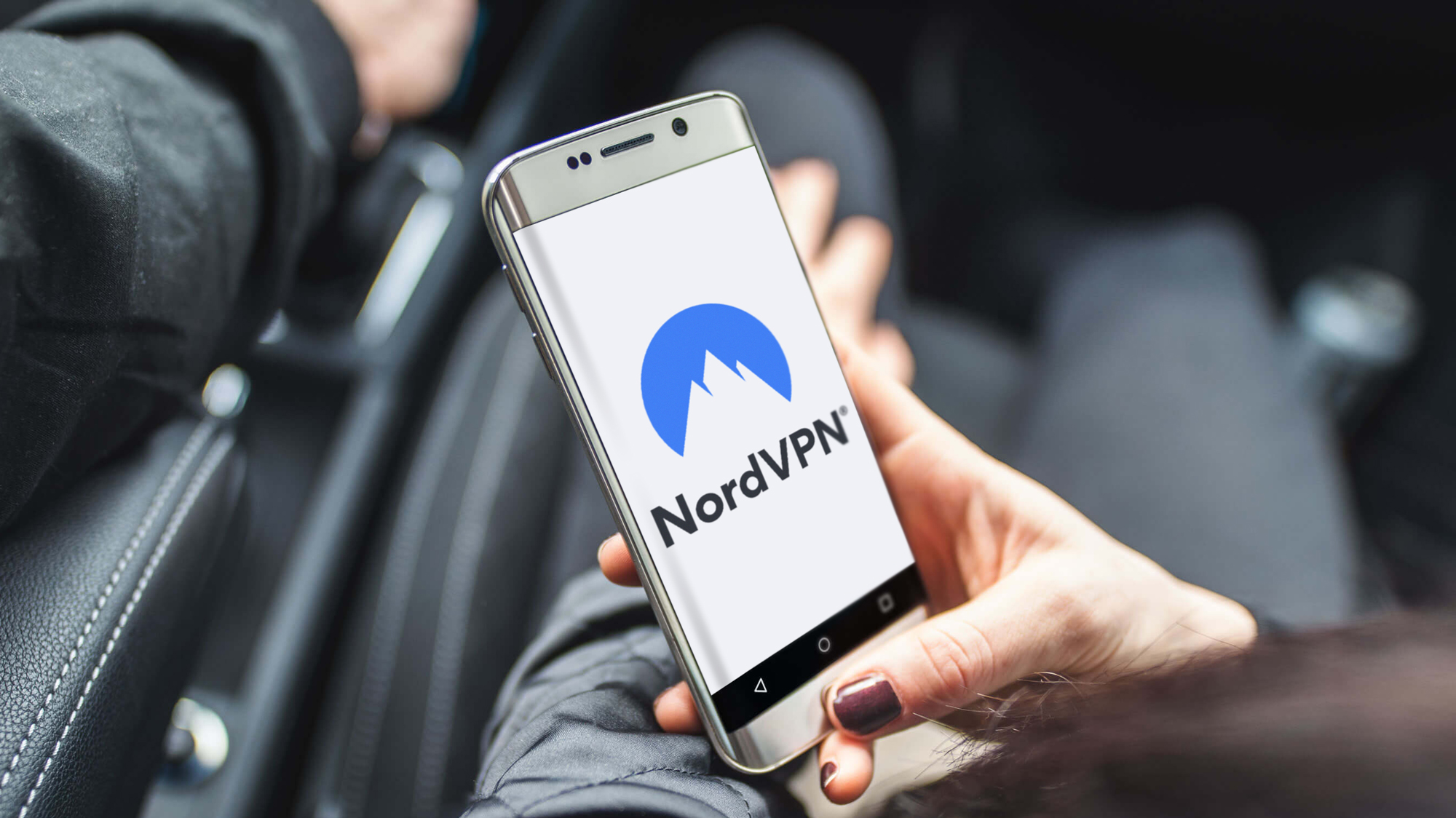NordVPN launches NordLabs to help shape the future of the internet
NordLabs plans to release its first experimental projects as early as September 2023

Perhaps the most famous VPN service on the market, NordVPN just unveiled a new program to boost innovation in experimental technologies.
NordLabs seeks to provide a platform for engineers and developers to test new ideas and approaches to ever-changing online security and privacy issues. At the same time, it gives the Nord community of tech enthusiasts exclusive access to these innovative tools before being released to the wider public.
The first experimental projects are set to be launched as early as September.
NordLabs and ongoing projects
"New emerging technologies raise challenges for cybersecurity, privacy, and internet freedom, but at the same time, they bring new opportunities. NordLabs will allow us to have additional flexibility when it comes to the development of experimental tools and services," said Vykintas Maknickas, the head of product strategy at Nord Security.
The tech dominating throughout all 2023, AI and large language models (LLMs) more specifically are the perfect example of how tech innovation can become a double-edged sword.
For example, ChatGPT has been deemed by many as a privacy nightmare for its invasive data collection practices. Bad actors have also been using the OpenAI-developed software and similar tools to write more sophisticated malware, generate deepfake images and audio, and more.
Yet, AI-powered tools have also unveiled many great uses to support the work of content creators, computer programmers, and so on. Most recently, Meta revealed a bot that can translate almost 100 languages.
NordLabs comes then as a space to explore this tension, by developing new tools able to exploit tech innovations while coping with new cybersecurity issues which are often their direct cause.
NordLabs by NordVPN is here! NordLabs is a place where cutting-edge cybersecurity tools are born. It will let you try and experience new online security tools, evaluate them, and contribute to overall safety online. Sign up today: https://t.co/hwAScsenEv pic.twitter.com/vGHBylXpzOAugust 28, 2023
"We do not expect all projects appearing in NordLabs will later become fully maintained standalone products," explained Maknickas. "But we are thrilled about the opportunity to support cutting-edge technologies for a better internet."
At the time of writing, there are already two projects in the pipeline.
With Project Sonar, the team aims to launch a browser extension that harvests the power of AI to secure users from phishing attacks. Sonar won't just scan emails and report the likeliness of them being a scam, but it will also try to educate users by highlighting the reasons why these have been flagged as phishing as well as the signs to look out for in future communications.
Always exploiting AI capabilities, Project Pixray seeks to find a solution to a growing issue caused by generative artificial intelligence itself: AI-generated images. Users will be able to simply upload an image to Pixray to know if it's legit or a product of Midjourney and similar AI art generator tools.
Wish to try these or future experimental software? Simply register on NordLabs' waiting list and, as soon as new tools are released, test them out and provide your feedback to the NordVPN team.
We test and review VPN services in the context of legal recreational uses. For example: 1. Accessing a service from another country (subject to the terms and conditions of that service). 2. Protecting your online security and strengthening your online privacy when abroad. We do not support or condone the illegal or malicious use of VPN services. Consuming pirated content that is paid-for is neither endorsed nor approved by Future Publishing.
Sign up for breaking news, reviews, opinion, top tech deals, and more.

Chiara is a multimedia journalist committed to covering stories to help promote the rights and denounce the abuses of the digital side of life – wherever cybersecurity, markets, and politics tangle up. She believes an open, uncensored, and private internet is a basic human need and wants to use her knowledge of VPNs to help readers take back control. She writes news, interviews, and analysis on data privacy, online censorship, digital rights, tech policies, and security software, with a special focus on VPNs, for TechRadar and TechRadar Pro. Got a story, tip-off, or something tech-interesting to say? Reach out to chiara.castro@futurenet.com